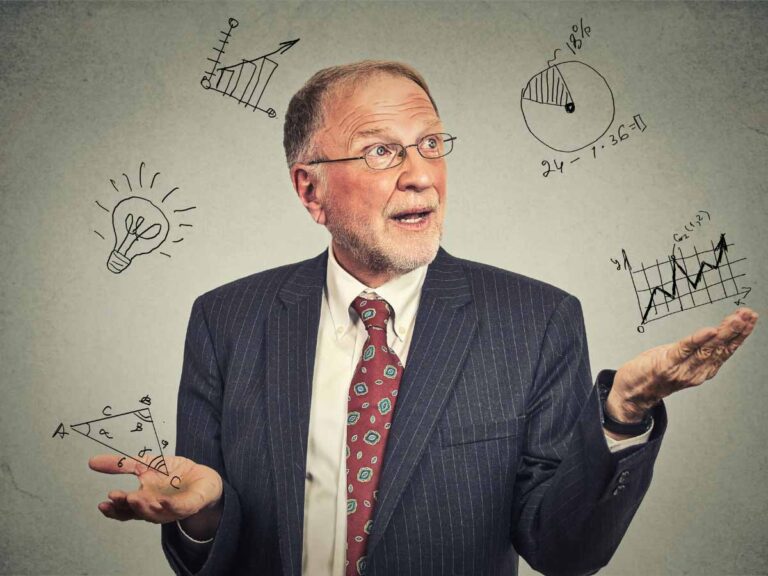The modern formula for happiness is money related. We believe that we need more money to be happier. However, there is a growing number of evidence suggesting that this formula is flawed and that more money won’t make you happier. Here are 10 reasons why this is the case:
1. Money will enhance who you are, but it won’t make you a better person
Again and again, we hear stories of celebrities that are struggling with mental issues, who have committed suicide, or are otherwise involved in less than exemplary behavior, such as the recent incident between Johnny Depp and Amber Heard—for example, Johnny Depp was accused of being overly aggressive, drinking heavily and consuming drugs. Despite these confirmed accusations, Amber Heard still lost her case against Johnny Depp. So what does this say about her?
So why are these celebrities are having all these issues? It is because they are trying to fix everything by throwing money at it, which works, but only to a certain point. Unfortunately, many of them never addressed their emotional issues and just become more extreme versions of themselves, which isn’t always pretty.
In other words, if you give a sociopath money, you will just have a rich sociopath. If you give money to a depressed person, they will become a depressed rich person.

2. Money doesn’t buy style
On a red carpet, we look at all these celebrities who dressed up, trying to impress the world with their latest clothing. What is Justin Bieber wearing today? Consecutively, we imagine that with money our lives will become better in virtually every domain of life, but it isn’t all that simple. In the case of clothes, just because you can afford better, doesn’t mean you will know how to wear it.
There are countless examples of rich people just looking so bad in all these expensive clothes. Again, money can seem like a solution for everything, but certain things can’t be bought.
3. All we need is $75.000/year to feel happy
Actually, we don’t even need a millionaire (or more) to feel happy. Researchers repeatedly confirm that we need some money to feel happy, but once we reach a yearly income of $75.000 our happiness levels off, regardless of how much more money we have.
Researchers explained that actually, all we need is to satisfy our basic needs and some of our wants. Yes, we will want to spend some money here and there, but that’s about it! Actually, in my book, I show how we can live on way less money than $75.000 per year and still be happy!
4. Penny smart, dollar stupid
Another global trend I noticed is that people are very smart when it comes to small investments or savings. They know where to save an extra penny, on things like groceries and shop promotions. Yes, this effort adds up, but the happiness it brings is short-lived as they just go ahead and buy something expensive that they don’t really need.
This offsets the whole saving effort making me wonder: would these people be better off just living it up by being less frugal on small joys of life, while being more prudent with bigger investments? After all, if they can save one time on a big purchase and go crazy with the small things.
5. Your money here will be worth more somewhere else
In New York, life is fast and people are hustling to make money to pay their rent. There is no time to waste as life is dynamic and everything is very expensive. People even walk faster on average. But is this effort all that necessary? Are people actually happier because of this dynamic lifestyle?
I don’t think that this is the case. Yes, they earn more money, but they also spend everything that they earn. Later, a World Happiness Report comes out and states that because people have higher income, they are happier, but this is simply not true! In places like India, people live on 1/10th the salary of US and they are visibly way happier. Don’t just take my world for it. Just go there and confirm it for yourself!
This is something that World Happiness Report just doesn’t measure. This is why we need to move away from money based indicators of happiness and adopt happiness indicators to measure our overall sense of well-being, such as they do it in Bhutan.
6. Before spending more money, look at your closet
People progressively buy bigger and bigger houses because they use them as storage facilities for all the stuff they buy over the years. However, few people actually remember what they have in these closets or have any real life plants on using it in the future.
So the trend is: people buy stuff, then they put it into a storage, buying more stuff, and eventually a bigger storage. This is a waste. Instead, we should clean our closets before buying more stuff. This will be therapeutic and will teach us to be more mindful about spending money on thing that we don’t need.
7. Cooking from home and DIY
People often don’t realize how much anything costs, because they never take the time to learn how to do anything for themselves. For example, a piece of jewelry sold for $100 can actually cost $5 to produce. It’s not that hard to do it either. Most of the supplies are available online and you can dramatically reduce your cost of living if you DIY!
But here is an interesting part, if you dare to try to DIY once, which again isn’t so hard to do, you will never look at the world in the same way because you will realize how much everything actually costs. Taken to an extreme, you can live a great and amazing life on a very small income, which will be easy to get because it is that little.
8. Minimalism is healthier than materialism
Again and again, scientists prove that the more stuff we have, the more stressful we become. This is a similar point to what we discussed in point #6. The bottom line is, that less is more, and the faster we can learn to recognize this fact, the better and happier our lives will become!
9. The best things in life are often free!
I just went for a walk. It was great! I also went to a gym, for a bike ride, met some friends, and read a book. To do all these small activities I spent virtually no money, so unlike what we are told, more money won’t necessarily make us happier. We can be happy right now no matter who we are and what are our life circumstances (learn how you can do so here).
10. Learn what actually makes us happy (its rarely more money)
Lastly, people want to have more money to spend on things that will make them happy. Most people spend their lives doing pretty much that—buying stuff in order to feel happier. It worked, but only to a certain extent. Actually, in many ways, making money can make people miserable, as a lot of time, effort, and sweat can go into earning that money, investments that can be better spent elsewhere with a higher return-on-happiness!
However, we can learn what actually makes us happy and cut the middle man, which is all these organizations, which promise us happiness in exchange for their products, but rarely if ever deliver on that promise. To do so, I propose that you take a look at our courses, which are affordable, they will save you money in the end of the day (since you will not need to waste time, money, and energy on things you no longer need), and you will actually reach your happiest potential! Learn more here.
















4 thoughts on “10 Reasons Why Money WON’T Buy You Happiness”
Pingback: “I Don’t Deserve to be Happy.” NO, You Deserve Happiness!
Pingback: Social Equality: No Exclusion, No Borders, & No Social Class
Pingback: 70 Bible Verses About Happiness! (and Their Meanings)
Pingback: I've Read 100+ Books on Happiness. Here is What I Found